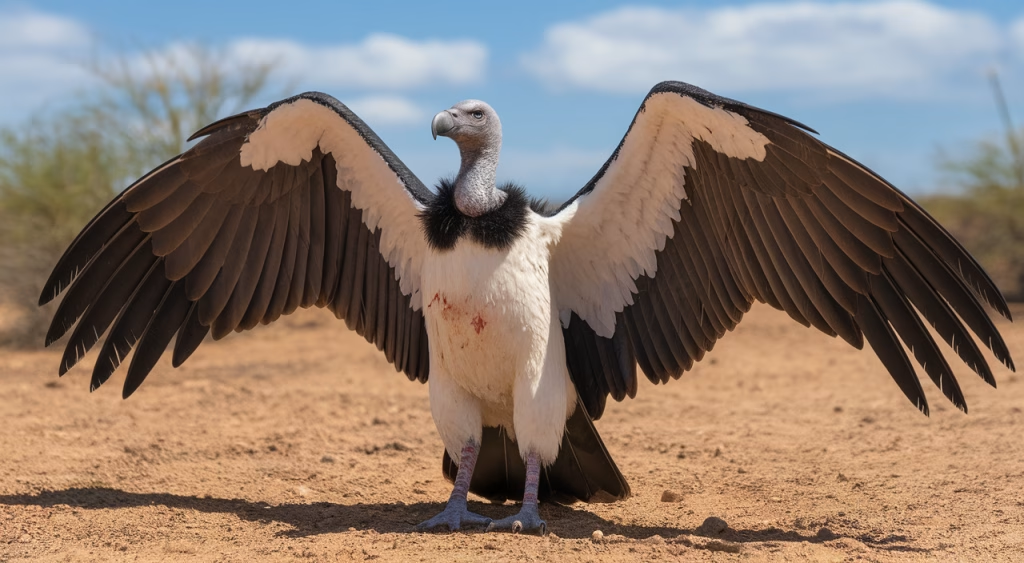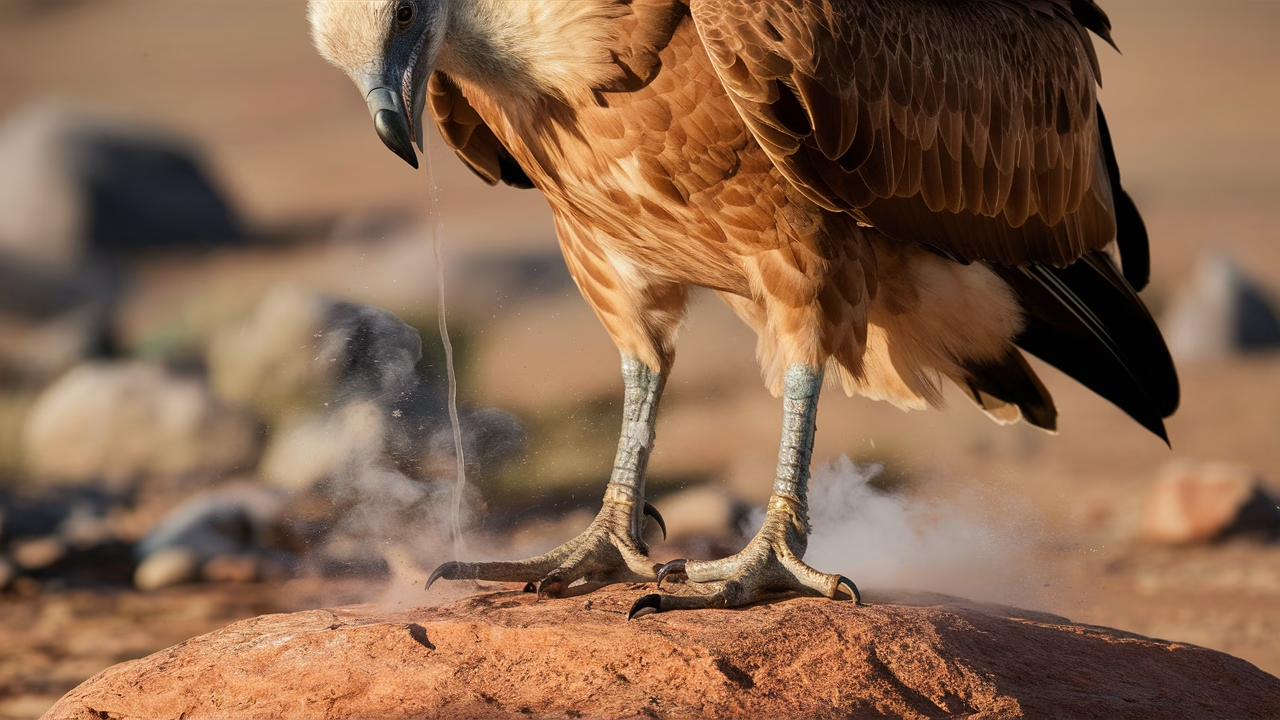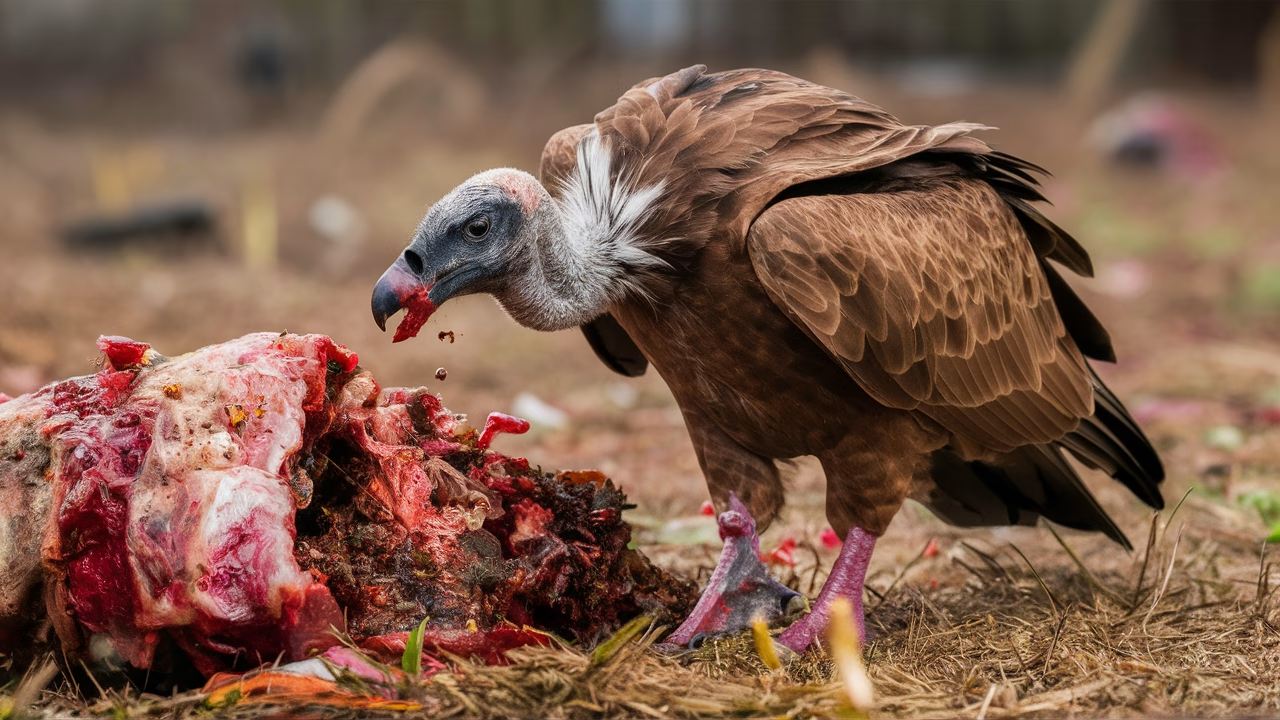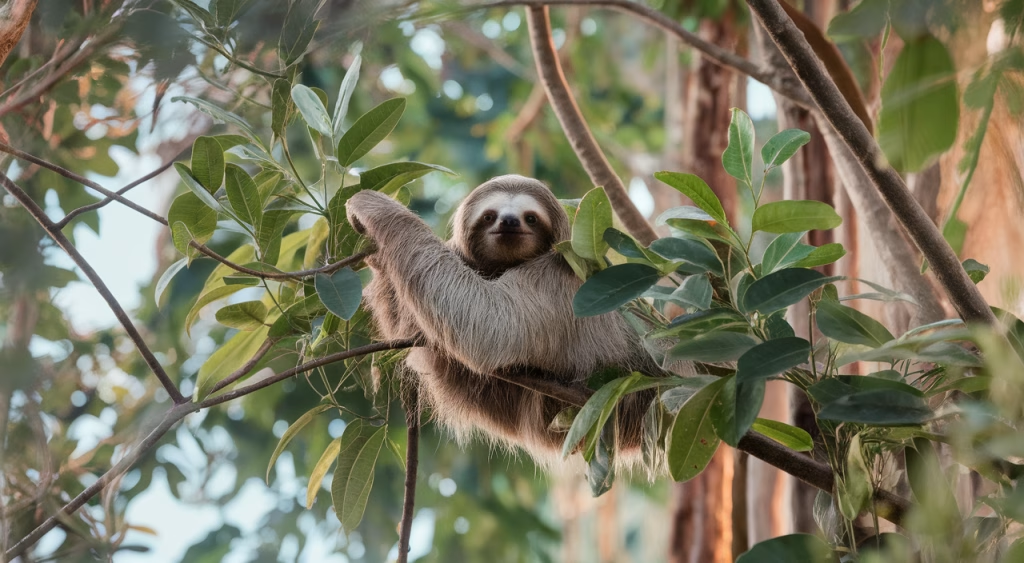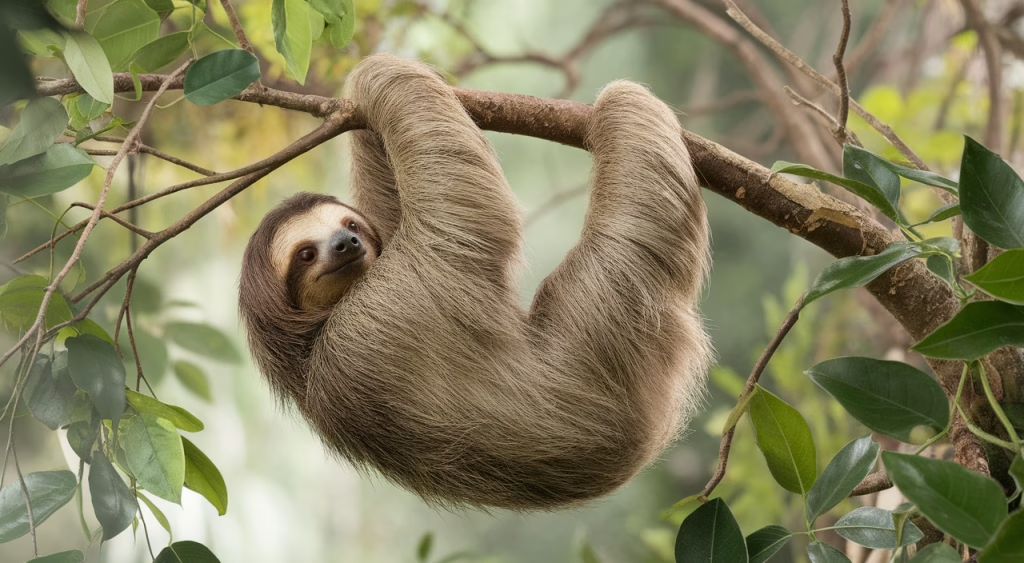Why do vultures urinate on their legs?
Vultures urinate on their legs primarily for two key reasons: to cool themselves down through a process called urohidrosis, and to sanitize their legs from harmful bacteria they encounter while feeding on carrion. This remarkable adaptation shows why vultures are among nature’s most specialized scavengers.
TL;DR: Why Do Vultures Pee on Their Legs?
- Evaporative Cooling: Vultures use their urine as a cooling system. When they urinate on their legs, the evaporation of the fluid cools their blood vessels near the skin, helping them regulate temperature in high-heat environments.
- Killing Bacteria: Vultures often stand in or on carcasses. Their urine helps kill dangerous microbes and neutralize disease-causing pathogens picked up during scavenging.
- Efficient Adaptation: This behavior is a perfect example of how vultures evolved to not just survive, but thrive in some of the harshest and least sanitary environments on earth.
Why Vultures Urinate on Their Legs
Most people find the idea of urinating on your own legs disgusting, but for vultures, this behavior is nothing short of brilliant engineering. From scorching deserts to humid tropical environments, vultures live in regions where intense heat and constant bacterial exposure would overwhelm most creatures.
So, why do vultures urinate on their legs specifically? Their legs contain superficial blood vessels close to the skin surface. When vultures release urine onto their legs, evaporation pulls heat away from these blood vessels, creating an effective vulture cooling mechanism. This works similarly to how sweating cools humans. The added benefit? Their highly acidic urine acts as a natural disinfectant—eliminating dangerous bacteria they pick up from feeding on carrion.
Nature has designed one of the most effective self-cleaning and cooling systems without any external tools. For vultures, urine serves as both soap and air conditioning rolled into one remarkable adaptation.
The Cooling Mechanism
If you’ve ever observed a vulture perched on sun-baked rocks, you may have noticed white streaks running down its legs. This isn’t poor hygiene—it’s a sophisticated survival technique called urohidrosis. In the hot climates where vultures thrive, effective temperature regulation can mean the difference between life and death.
Here’s how the vulture cooling mechanism works: The vulture releases uric acid (their concentrated form of urine) down their bare, featherless legs. As this liquid evaporates, it cools the blood circulating in vessels near the skin. Think of it like an evaporative cooler, using liquid evaporation to reduce body temperature.
| Mechanism | Comparable Human Analogy |
|---|---|
| Urohidrosis (urination on legs) | Human sweating |
| Evaporation-based heat loss | Wearing damp clothes in the heat |
| Blood cooling in limbs | Applying a cold pack to wrists to reduce body temp |
It’s an elegant combination of anatomy and adaptation. For vultures, those exposed, featherless legs aren’t a design flaw—they’re specialized heat exchangers powered by their own waste products. This is why vultures urinate on their legs with such precision.
The Bacteria-Killing Effect
Picture the daily life of a vulture. You’re constantly walking through decaying carcasses, surrounded by dangerous pathogens and disease-causing bacteria. You need a powerful defense system—and regular preening won’t be enough.
This is where the bacteria-killing properties of vulture urine become crucial. Uric acid—the main component of vulture waste—has potent antimicrobial properties. When vultures urinate on their legs, they’re not just cooling down—they’re sterilizing their feet and legs with a powerful natural disinfectant.
Research shows that vulture stomachs are incredibly acidic (pH around 1), capable of destroying deadly pathogens like anthrax and botulism bacteria. The uric acid they spray on their legs carries similar antimicrobial benefits, acting as a surface sterilizer. So when a vulture walks through rotting flesh, it emerges with cleaner legs than you’d imagine possible.
In ecosystems where diseases could easily spread through the food chain, vultures serve as crucial guardians—sanitizing our environment one decomposed carcass at a time.
Implications for Wildlife Conservation
When people ask me why vultures deserve our protection—birds often dismissed as creepy scavengers—I explain this: vultures are nature’s most effective cleanup crew. They’re equipped with remarkable adaptations that even modern science envies: ultra-acidic digestive systems, sterilizing urine, and bone-dissolving stomach acid.
Understanding why vultures urinate on their legs helps us appreciate not only their incredible physiology but also their critical role in wildlife conservation. Here’s why this matters:
- Disease Prevention: By efficiently disposing of carcasses, vultures dramatically reduce disease transmission among wildlife, livestock, and even humans.
- Human Health Impact: In regions where vulture populations have crashed, such as India following diclofenac poisoning, rabies cases and feral dog populations have exploded—resulting in thousands of human deaths and massive public health costs.
- Conservation Policy: Understanding vulture behaviors helps inform better habitat protection policies and management decisions for critical roosting and feeding areas.
The next time someone calls vultures dirty or disgusting, share what you’ve learned here. Few creatures are as vital to ecological health—and as brilliantly adapted to their role—as these misunderstood conservation heroes.
FAQs About Vulture Behaviors
Let’s explore some common questions about vulture habits that go beyond their unique leg-cleaning behavior.
Frequently Asked Questions
- Why do vultures eat dead animals?
Because scavenging is energy-efficient. Vultures are specialized for digesting diseased or decomposing meat that others cannot. - Is vulture urine dangerous?
Not to vultures—but it can be strongly acidic. Their uric acid helps neutralize bacteria. It’s not harmful to humans unless in direct contact. - Do other birds use urohidrosis?
Yes, other species like storks and some herons also exhibit this behavior during heat stress. - Can vulture populations affect human health?
Absolutely. Declines can increase risks of disease spread via unclean carcasses and scavenger overpopulation like rats and feral dogs. - Why are their heads bald?
Featherless heads stay clean more easily when digging into carcasses, reducing the risk of bacterial infection. - What’s the biggest threat to vultures?
Poisoning from veterinary drugs, habitat destruction, and human persecution are leading causes of population decline. - Are vultures endangered?
Many species are, especially in Asia and Africa, prompting urgent calls for conservation funding and habitat protection.
Final Thoughts
You probably didn’t expect to be fascinated by why vultures urinate on their legs today—but here we are. Nature constantly surprises us, and the most unusual adaptations often hide the most elegant solutions to survival challenges. By urinating on their legs, vultures simultaneously cool themselves and sanitize their feet after feeding. This dual-purpose behavior teaches us to look beyond surface appearances and appreciate the remarkable function within every adaptation.
Next time you see a vulture soaring overhead, remember: that bird isn’t just intelligent and efficient—it’s a critical partner in preventing disease, managing ecosystems, and maintaining ecological balance. Let’s give vultures the respect they deserve and continue exploring the incredible adaptations of evolution’s most specialized cleanup crew.

